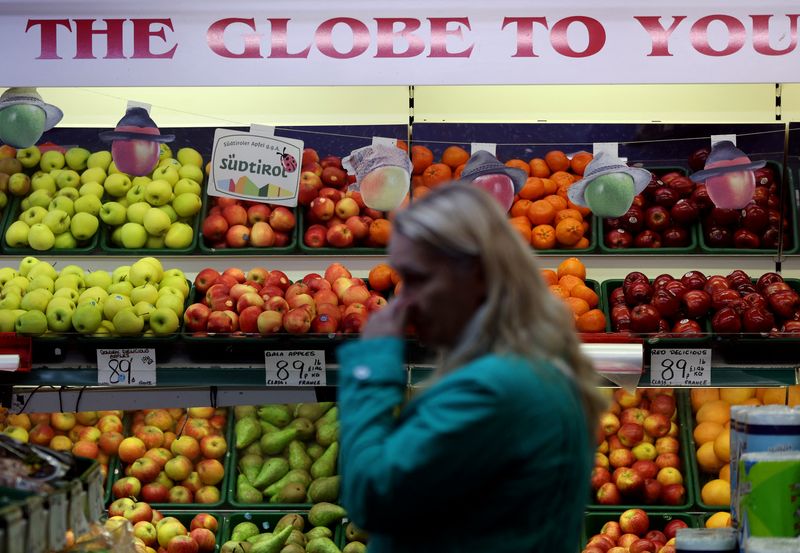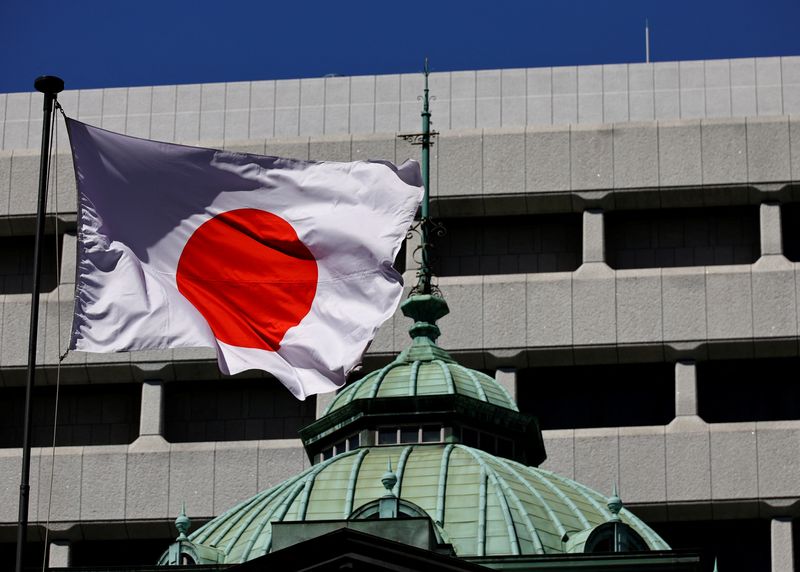Euro zone current account surplus narrows
NeutralFinancial Markets

The euro zone's current account surplus has narrowed, indicating a shift in the region's economic balance. This change is significant as it reflects the evolving trade dynamics and could impact monetary policy decisions. Investors and policymakers will be closely monitoring these developments to gauge the overall health of the euro zone economy.
— Curated by the World Pulse Now AI Editorial System









